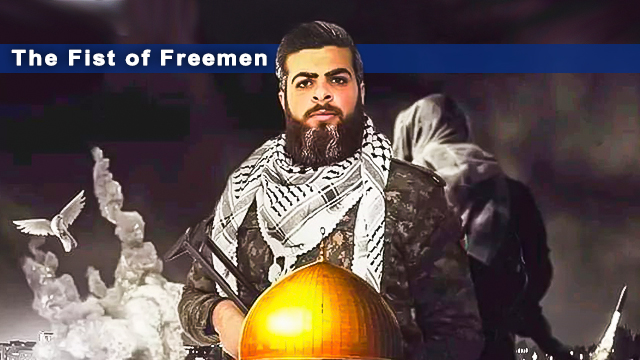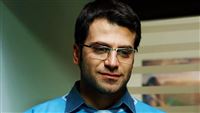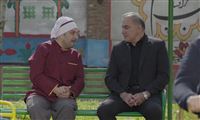Live
فارسی
عربي
ورود از طریق شبکه های اجتماعی
- استفاده مختص کاربران دارای هویت واقعی محرز شده نزد این پایگاه میباشد.
- این سایت در ستاد ساماندهی و بخش جرائم رایانهای دادگستری به ثبت رسیده است.
- گزارش تخلفات احتمالی این سامانه توسط کاربران الزامی می باشد
- کاربران باید طبق قوانین این سامانه که برگرفته از قوانین جرائم رایانه ای می باشد فعالیت کنند
- نام کاربری شما تکراری می باشد


.jpg) ‘The Fist of Freemen’ is based on real events from three years ago, where Palestinian resistance forces uncovered an Israeli undercover cell infiltrating Gaza disguised as locals.
‘The Fist of Freemen’ is based on real events from three years ago, where Palestinian resistance forces uncovered an Israeli undercover cell infiltrating Gaza disguised as locals.


